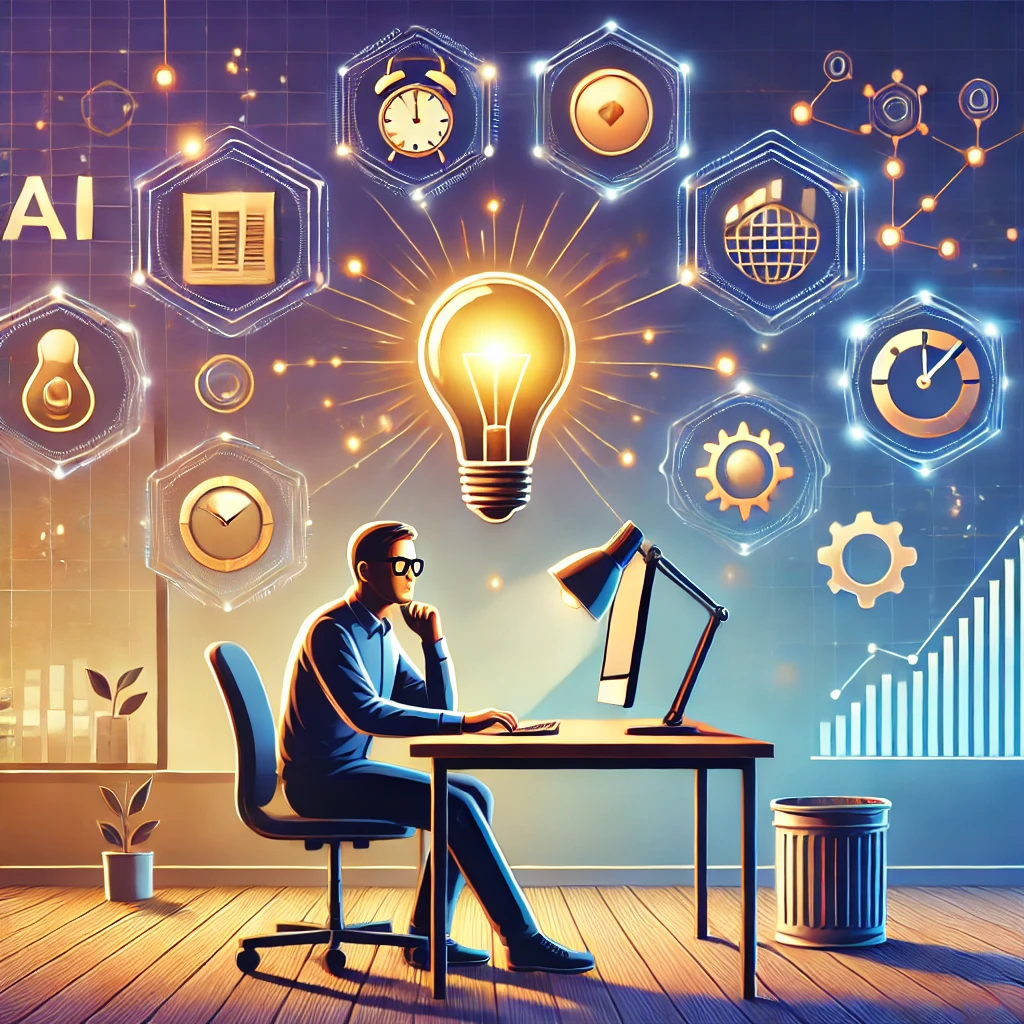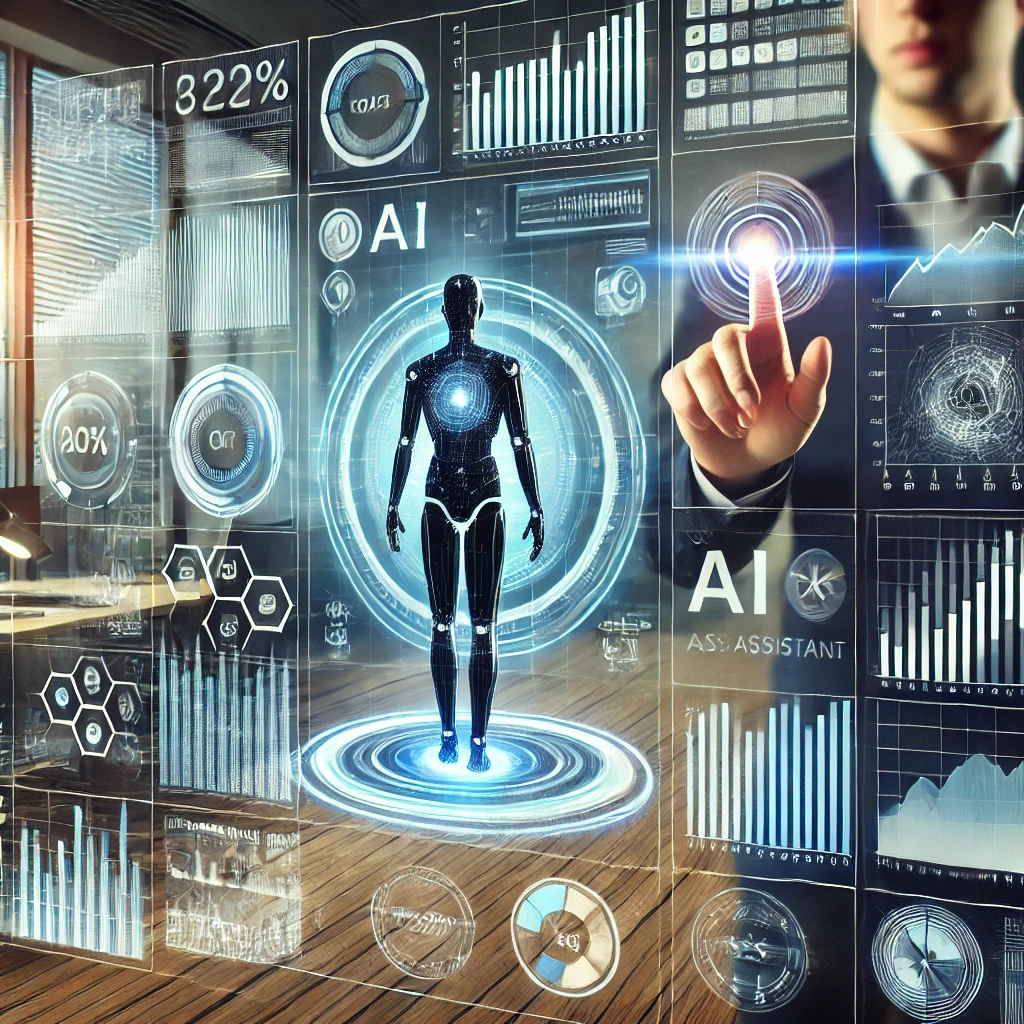AI with Big Data has rapidly emerged as one of the most disruptive technologies today. With data continuing to grow at an exponential rate, industries all over the world are looking toward AI Big Data Analytics for insights that drive innovation, enhance decision-making processes, and optimize workflows. There are several industries that AI Big Data introduces sea changes into, given the content from machine learning and other intelligent algorithms: finance, healthcare, crypto, and the Internet of Things (IoT).

What This Blog Explores
Through this blog, we shall explore what AI does in Big Data, its uses across various industries, and how AI Big Data Machine Learning is beginning to evolve. Additionally, we will delve into the upcoming AI Big Data Expo 2024, provide insights into AI databases, and address a pressing question: Are AI systems bad?
Understanding AI and Big Data: A Powerful Combination
Big Data: Big amounts of data or data sets so complex that conventional data-processing techniques are unable to handle them. Big Data involves information from various sources such as social media, sensors, financial transactions, and more. While these data sets are vast, the real challenge lies in deciphering meaningful insights from them. This is where AI Big Data Analytics comes in.

Artificial intelligence helps in processing, analyzing, and interpreting large data sets with increased speed and accuracy. By incorporating machine learning algorithms, AI can identify trends, make predictions, and perform tasks automatically—tasks that would otherwise require significant human effort. The interaction of AI and Big Data empowers enterprises to uncover newer insights, optimize operations, and make better decisions.
AI Big Data Machine Learning: A Key to Smarter Insights
Machine learning, a subset of AI, enables systems to learn from data and improve over time. These algorithms process vast volumes of data, make predictions or decisions without explicit programming, and find correlations, detect anomalies, and suggest improvements based on analyzed data.

Machine learning’s role in Big Data is particularly powerful in handling real-time data streams, essential for industries like finance. For instance, in crypto trading, AI analyzes real-time trends, news, and social media sentiment to make informed trading decisions. Similarly, in healthcare, AI Big Data Machine Learning predicts patient outcomes using medical records and historical health data. As AI evolves, these models become more accurate, creating a self-improving cycle for even deeper insights and efficiencies.
AI Big Data Expo 2024: What’s Next for Data and AI Integration
The AI Big Data Expo 2024 promises to be a landmark event for technology enthusiasts and industry leaders. This conference will showcase the latest developments in Big Data Machine Learning AI and reveal how AI Big Data is transforming industries.

Visitors can explore cutting-edge solutions addressing complex challenges, such as:
- AI Big Data Crypto
- IoT AI Big Data
- Advanced machine learning applications
The Expo is an excellent opportunity to gain insights into the future of data analytics, machine learning, and AI-powered solutions.
AI in Big Data: How It Works Across Sectors
Finance and Crypto
AI’s Big Data analysis capabilities are revolutionizing the financial sector. It scans historical financial data, market trends, and social media sentiment to make better trading decisions. In crypto, AI tracks live market fluctuations and price movements, making Big Data AI analytics indispensable for crypto investors.
Healthcare
Big Data Analytics with AI is transforming healthcare. Benefits include:
- Improved diagnostics
- Precise predictions for patient outcomes
- Personalized treatments
AI processes millions of patient records to identify patterns, predict diseases, and recommend treatments before symptoms manifest. This facilitates more efficient, personalized care.
IoT
IoT devices, from smart thermostats to wearable health monitors, generate massive amounts of data. By integrating AI with IoT Big Data, real-time monitoring and decision-making become seamless. For example, AI can optimize energy usage in homes or detect security threats, paving the way for smarter homes, cities, and industries.
The Size and Scope of AI Databases
AI Big Data’s power lies in the size of the datasets it processes. These datasets can range from terabytes to petabytes, such as:

- Millions of labeled images for training AI models
- Billions of words for natural language processing models like GPT-3
Processing such enormous datasets enables AI to detect patterns undetectable to human eyes, making highly accurate predictions. However, managing these datasets poses challenges, including data security, privacy, and accessibility.
Applications of Big Data in AI
Applications of Big Data in AI are diverse and multi-tiered, including:
- Predictive Analytics: Forecast future trends based on historical data (e.g., stock prices, market trends).
- Personalization: Tailor content and recommendations (e.g., movie suggestions, product recommendations).
- Automation: Streamline tasks like customer service, supply chain management, and inventory control.
- Anomaly Detection: Identify unusual activities in cybersecurity to flag potential threats in real-time.
Is AI Bad? Addressing Common Concerns
AI’s rapid evolution has raised concerns about its potential dangers, such as:
- Displacement of workers
- Privacy intrusions
- Autonomous decisions with negative consequences
Experts argue that AI, like any tool, can be used for good or ill. Responsible development, ethical considerations, and effective regulations are crucial to ensuring AI’s benefits outweigh its risks. The focus should remain on solving real-world problems and enhancing human capabilities.
Conclusion: The Future of AI and Big Data
The integration of AI, Big Data, and 5G Technology opens up vast opportunities across industries like healthcare, finance, crypto, and IoT. By analyzing massive datasets, AI enables businesses to make informed decisions, innovate, and improve customer interactions.

As these technologies evolve, they will reshape our way of living and working, creating a digital landscape previously unimaginable. AI and Big Data will undoubtedly play a pivotal role in shaping our future.

